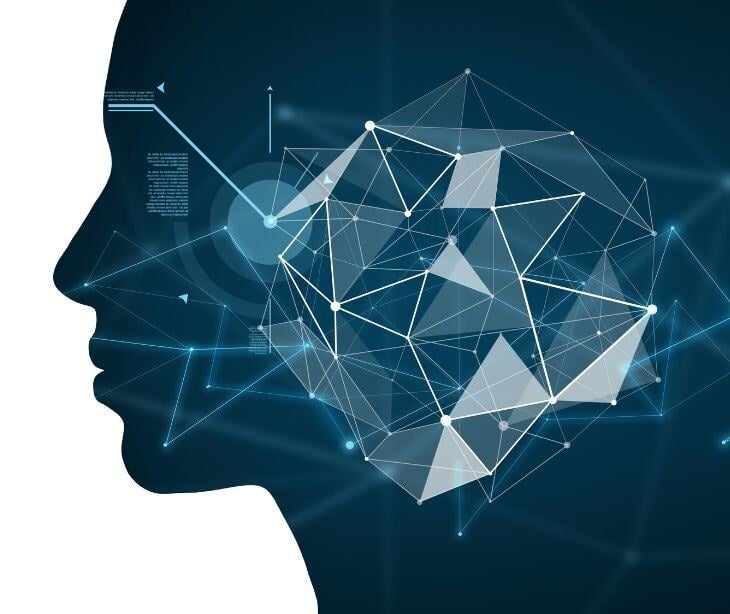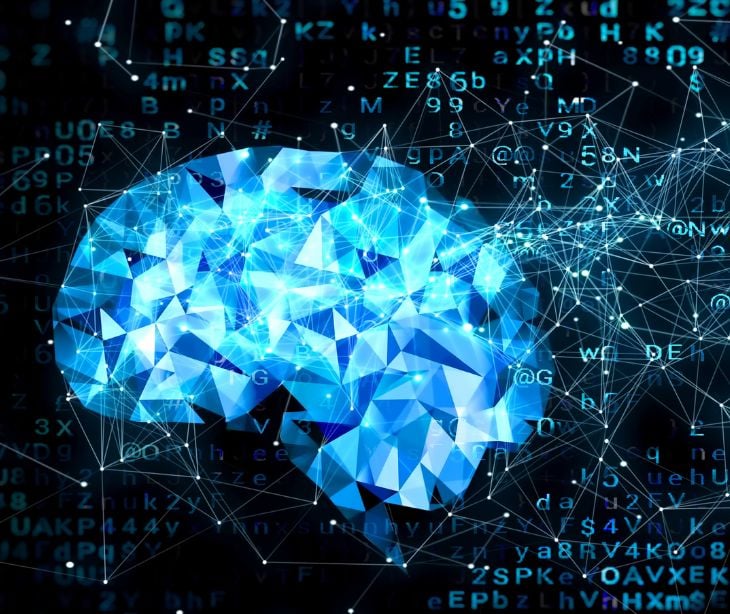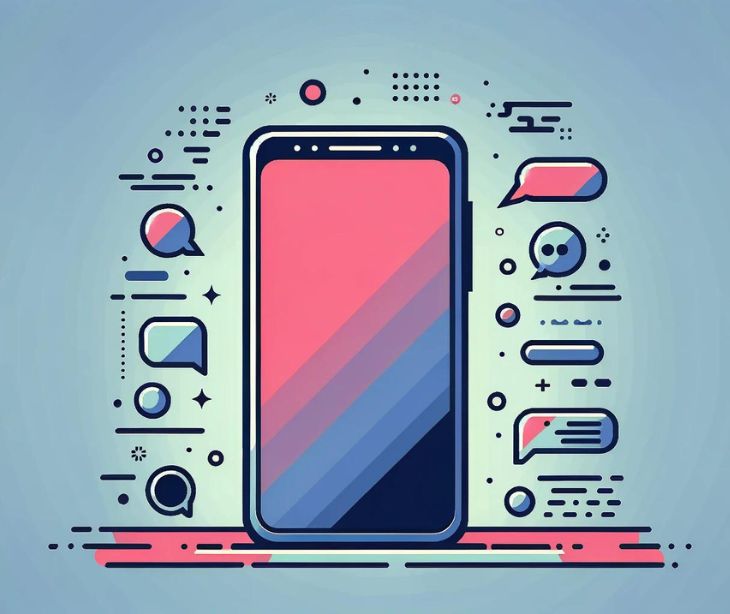
Mental health treatment has traditionally relied heavily on patients' ability to articulate their cognitive and emotional states, the progression of their symptoms, and feedback from their social circles. Mental health practitioners' skills, knowledge, and experience in making accurate diagnoses and therapeutic decisions are equally beneficial. However, mental health care is changing, with artificial intelligence (AI), machine learning, and other advanced technologies appearing as powerful tools that can augment and enhance the work of therapists.
Revolutionizing therapeutic interactions
One of the most prominent applications of AI in mental health care is the rise of chatbots and virtual agents. AI-powered therapy chatbots, such as Tess, Wysa, and Woebot, have demonstrated promising results in reducing symptoms of depression and anxiety, and in addressing mental health issues across diverse populations, including the elderly.
These virtual psychotherapeutic services offer personalized and adaptive responses, using multiple modes of interaction, including text and voice. Mental health practitioners can use AI to assist with diagnosis, facilitate consultations, provide psychoeducation, and deliver tailored treatment options by integrating these conversational agents with mobile or instant messaging apps.
Unlocking insights from patient communication
Another aspect of AI's impact on mental health care is the application of natural language processing (NLP) techniques. NLP enables the analysis of patient language in various forms, including conversations, chats, emails, and social media posts. By detecting patterns that correlate with mental health issues, such as depression or anxiety, NLP becomes a beneficial component of chatbots and other AI-driven tools. This technology can help mental health professionals gain deeper insights into their patients' emotional and cognitive states, ultimately informing more effective treatment strategies.
Read more: Natural language processing in healthcare
Machine learning models for accurate diagnosis
The integration of machine learning models into mental health care has the potential to transform the diagnostic process. These models can be trained using participants' responses to assessment questions and other historical data to predict the existence and type of mental disorders. These decision support systems can assist mental health professionals in making evidence-based treatment decisions, analyzing data, and providing recommendations for mental health diagnoses and treatments. Researchers at Montclair State University have found that accurate diagnosis through these AI-powered DSS can reduce healthcare costs associated with misdiagnosis, overdiagnosis, and unnecessary treatment.
Read also: Machine learning in healthcare
Personalized and adaptive therapeutic experiences
Incorporating AI and machine learning in mental health care enhances diagnostic capabilities and enables more personalized and adaptive therapeutic experiences. By using data-driven insights, AI-powered tools can tailor the delivery of psychoeducation, treatment options, and even the virtual therapeutic relationship to the unique needs and preferences of each patient.
See also: Personalized patient education, HIPAA, and AI
Enhancing therapist efficiency and productivity
In addition to improving patient experiences, AI-driven technologies can also enhance the efficiency and productivity of mental health practitioners. By automating time-consuming tasks, such as data analysis, report generation, and scheduling, AI can free up therapists to focus more on the core aspects of their practice, such as patient care, clinical decision-making, and professional development.
Bridging the gap in mental health access
One of the challenges in mental health care is the limited availability of qualified practitioners, particularly in underserved or remote communities. AI-powered solutions, such as chatbots and virtual agents, can help bridge this gap by providing accessible and scalable mental health services to individuals who may not have access to traditional in-person therapy. AI, by using technology's reach and versatility, can democratize mental health care, ensuring that more people receive the support they need, regardless of their geographic location or socioeconomic status.
Ethical considerations and responsible AI implementation
Mental health data is highly sensitive, and the use of AI in this domain must be accompanied by data protection measures, transparent data-handling practices, and clear guidelines for the responsible development and deployment of these technologies. Mental health professionals, policymakers, and technology developers must work collaboratively to ensure that the implementation of AI in mental health care upholds the principles of patient autonomy, confidentiality, and the highest standards of ethical practice.
Related: HIPAA compliance in online therapy
FAQs
How does HIPAA apply to the use of AI in healthcare?
HIPAA (Health Insurance Portability and Accountability Act) applies to the use of AI in healthcare, as it governs the protection of patients' medical records and personal health information. When using AI technologies, it's necessary to ensure compliance with HIPAA regulations to safeguard patient privacy and data security.
Do healthcare providers need consent to implement AI solutions?
Yes, healthcare providers typically need informed consent from patients before using AI technologies for diagnosis, treatment, or other healthcare purposes. Obtaining consent is mandatory to ensure transparency and respect for patients' autonomy in the use of AI-driven healthcare interventions.
What technologies can be used to integrate AI into healthcare processes?
Healthcare professionals can use various technologies to integrate AI into healthcare, including machine learning algorithms, natural language processing (NLP), computer vision, and predictive analytics.
Subscribe to Paubox Weekly
Every Friday we'll bring you the most important news from Paubox. Our aim is to make you smarter, faster.



